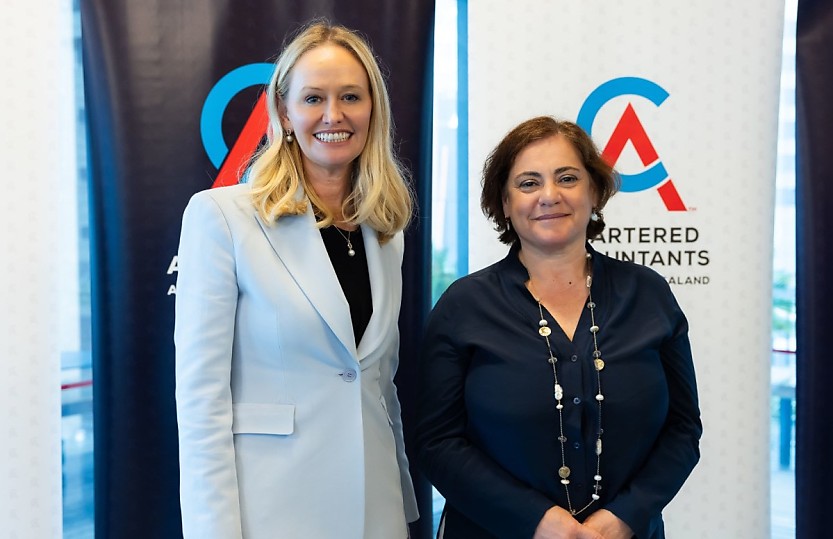IESBA chair outlines major priorities for ethics in accounting

Culture and governance in accounting firms and the application of the ethics code to non-professional accountants will be two major focus areas for IESBA over coming years.
IESBA chair Gabriela Figueiredo has outlined two main strategic areas or topics that the International Ethics Standards Board for Accountants (IESBA) will be focused on over the next four years across the profession.
These include the culture and governance of accounting firms and the possible extension or expansion of the applicability of the [insert] code to non-professional accountants, Figueiredo told CA ANZ in a recent podcast.
This follows the recent release of IESBA’s strategy and work plan for 2024-27 last month.
Figueiredo said IESBA wants to see accountants create “good culture and governance within firms” in order to avoid unethical behaviours flourishing.
IESBA also wants to see the ethics standards for professional accountants extended to other professionals that are doing the same services.
“It’s in the interest of everybody, namely the profession and of users, that there is a common consistent framework applying to all [professionals],” said Figueiredo.
Figueiredo said IESBA wants to avoid a situation where one set of professionals are subject to a robust set of ethics standards, while others providing similar services are not abiding by any ethics standards.
“This is important not only from a level playing field perspective but mostly for the public interest because it protects investors and other users of the information against any kind of wrongdoing, irrespective of who is providing the information,” she said.
Figueiredo said ethics in tax planning is another important piece of work for IESBA, with the board releasing new standards last month, titled Revisions to the Code Addressing Tax Planning and Related Services.
“The idea of these standards is to provide all professional accountants in business or professional accountants in public practice with a very robust framework to help the navigate the ethical dilemmas that they may face when providing tax planning services,” she said.
Figueiredo said the guidance is not just for small and medium accounting firms providing tax planning services but larger firms as well.
Overall, Figueiredo said she is optimistic about the future of ethics across the accounting profession despite further improvements being needed.
While she remains concerned about the urgent need to uphold ethics in the profession, awareness about the importance of ethics is growing among accounting professionals, she said.
“I think that we can be positive and optimistic about the future,” she said.
Figueiredo and a delegation from IESBA recently attended events hosted by CA ANZ in Sydney.
During discussions with the IESBA at CA ANZ offices in Sydney, CEO Ainslie van Onselen said it was a mistake to think of the Code of Ethics as a static document.
“Professional ethics is woven throughout our economy, and ethics is a highly dynamic field,” van Onselen said.
“The work of the International Ethics Standards Board for Accountants is critical to ensure the Code of Ethics is up-to-date, reflective of public expectations and contributes to reinforcing public trust in the profession’s work.
“That’s why I always say ethics must be an “always-on conversation” for the profession,” van Onselen said.






